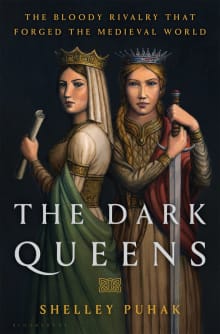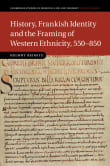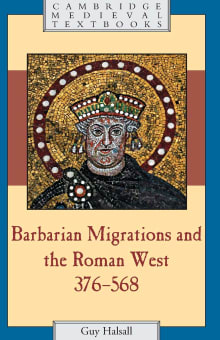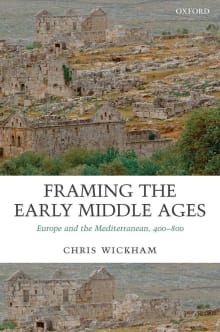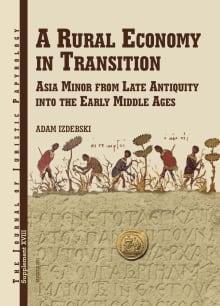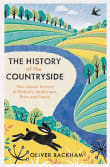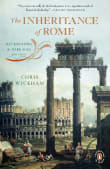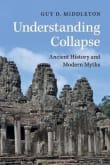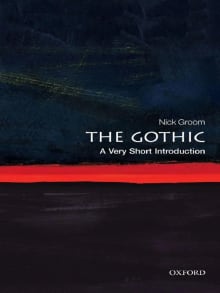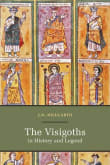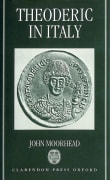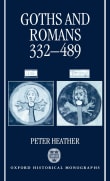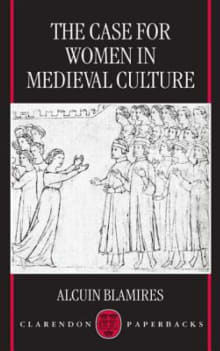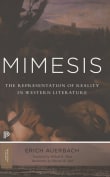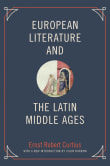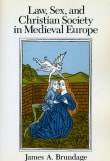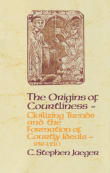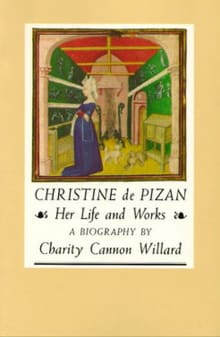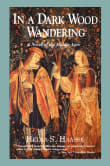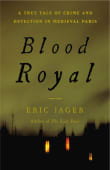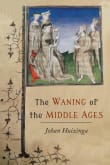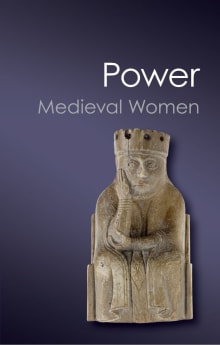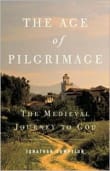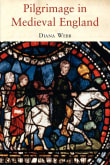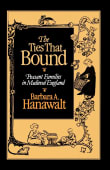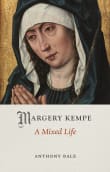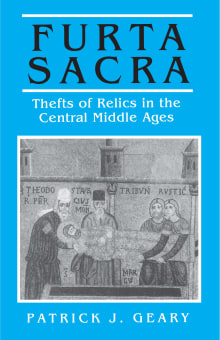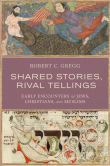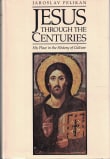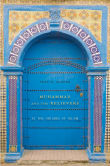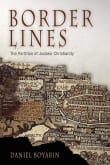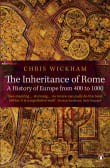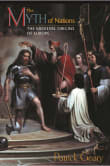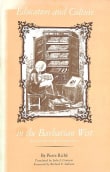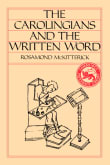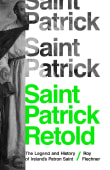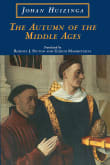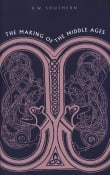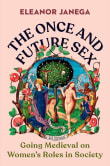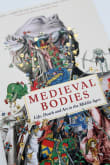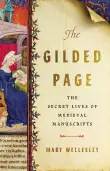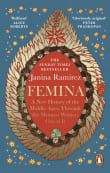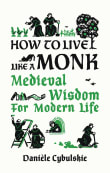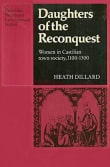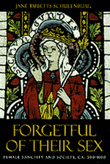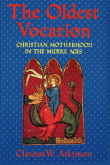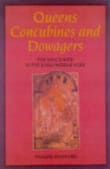Why am I passionate about this?
Patrick Geary is Professor of History Emeritus at the Institute for Advanced Study in Princeton, and Distinguished Professor of History Emeritus at UCLA. He is the author of some fifteen books and many articles and edited volumes on a broad range of topics including barbarian migrations, religious history, ethnicity, nationalism, genetic history, and the modern misuse of ancient and medieval history in the nineteenth through twenty-first centuries. Currently he co-directs an international, interdisciplinary project funded by an ERC Synergy Grant that uses genomic, historical, and archaeological data to understand population structures during the so-called Migration period at the end of the Roman Empire in the West.
Patrick's book list on the end of Antiquity and the early Middle Ages

Why did Patrick love this book?
And now for something completely different: my other recommendations are dense, scholarly volumes, well written but demanding for a general audience.
It is often hard to imagine the people who appear in their pages, based as they are on the scarce and laconic chronicles of the early Middle Ages, as flesh and blood humans.
In this novel, Puhak breathes life into two of the most remarkable women of the period, the Visigothic princess Brunhild, married off to the Frankish King Sigebert, and her sister-in-law Fredegund, who began as a Frankish slave and rose to become a rival queen to Brunhild.
Their story of rivalry, assassination, murder, seduction, but also of governance and diplomacy as two isolated women wielded unheard-of power across the decades, makes the world of seventh-century Gaul come alive.
The ways that the memory of these two women were twisted and manipulated by both contemporary and subsequent male…
1 author picked The Dark Queens as one of their favorite books, and they share why you should read it.
“A well-researched and well-told epic history. The Dark Queens brings these courageous, flawed, and ruthless rulers and their distant times back to life.”--Margot Lee Shetterly, New York Times-bestselling author of Hidden Figures
The remarkable, little-known story of two trailblazing women in the Early Middle Ages who wielded immense power, only to be vilified for daring to rule.
Brunhild was a foreign princess, raised to be married off for the sake of alliance-building. Her sister-in-law Fredegund started out as a lowly palace slave. And yet-in sixth-century Merovingian France, where women were excluded from noble succession and royal politics was a blood…
